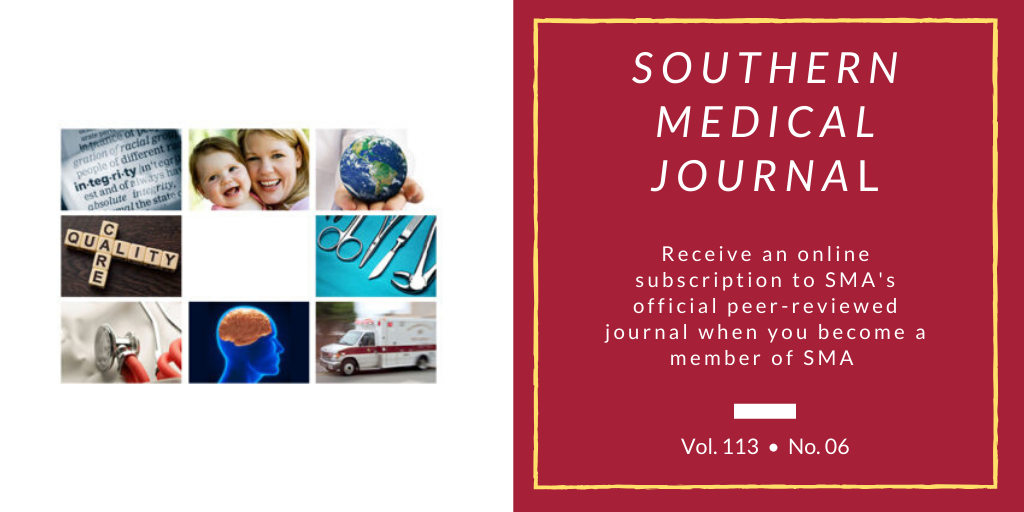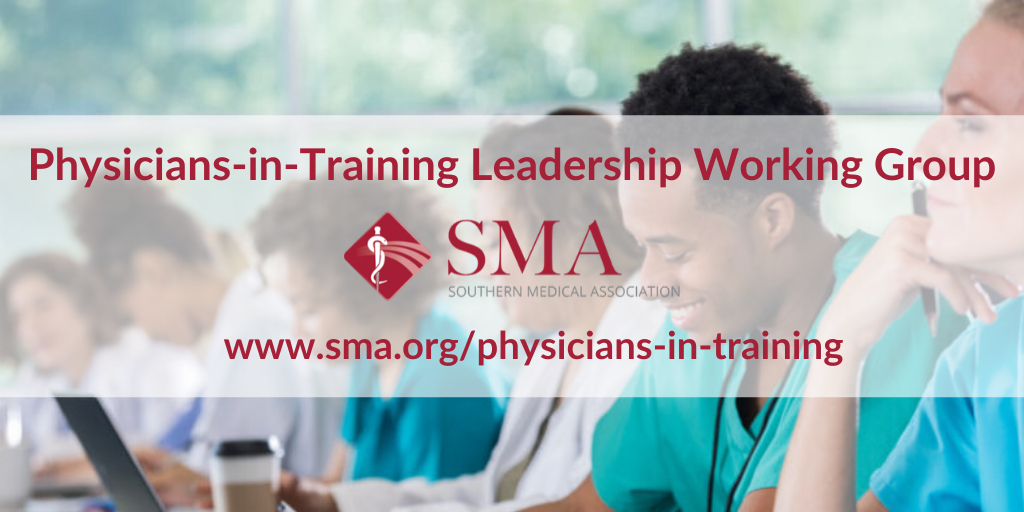Comparative Analysis of Chronic Diseases in the Southeastern United States vs. the United Kingdom: Focus on Cardiovascular Disease
June 11, 2020 //
Randy Glick
This is the first in a series of comparative investigations into the prevention and management of the top chronic diseases and causes of death in the United Kingdom versus those in the Southeastern United States. It will cover primary and secondary prevention, pharmacological management, lifestyle factors, patient education, access to care, and outcomes.
The series begins with cardiovascular disease, or CVD, which is a general term for conditions affecting the heart or blood vessels. It's usually associated with a build-up of fatty deposits inside the arteries (atherosclerosis) and an increased risk of blood clots, but can also be linked with damage to arteries in organs such as the brain, heart, kidneys and eyes.
The four main types of CVD are: coronary heart disease and resulting heart attack or heart failure; stroke and transient ischaemic attack; peripheral arterial disease; and aortic disease.
Risk factors include high blood pressure, atrial fibrillation, high cholesterol, diabetes, smoking, inactivity, and being overweight or obese, family history of CVD, and certain ethnic backgrounds. Additional risk factors are older age, being male, unhealthy diet, and excessive alcohol.
In the UK, there are around 7.4 million people living with CVD: 3.9 million men and 3.5 million women. If high blood pressure is included, the figure reaches about 39% of adults. The condition causes about 27% of all deaths in the UK - around 167,000 deaths each year – an average of 460 deaths each day.
In the US, about 121.5 million American adults have some form of CVD, including high blood pressure - around 37% of adults. It accounts for about 860,000 deaths each year, that’s one in three deaths. The leading cause of death attributable to CVD is heart disease (42.6%), followed by stroke (17.0%), high blood pressure (10.5%), heart failure (9.4%), diseases of the arteries (2.9%), and other cardiovascular diseases (17.6%).
Some of the highest rates of cardiovascular events occur in the Southeastern region, according to a January 2020 report from the American Heart Association. Two of the three states with the highest CVD event rates (comprising deaths, hospitalizations, and ED visits) are the Southeastern states Kentucky and Tennessee.
The AHA report says, “A region of higher CVD mortality extends from southeastern Oklahoma along the Mississippi River Valley to eastern Kentucky.” It adds that this trend seems to be driven by dietary, blood pressure, and body mass index risk factors.
However, there is a huge opportunity to make a difference in improving CVD outcomes, given that the majority of CVD cases are preventable. Patient education often targets the potentially modifiable risk factors: diet, physical inactivity, smoking and drinking at unsafe levels.
Primary prevention strategies in the UK are coordinated by the government’s Department of Health, which creates salt, sugar and calorie reduction targets, some of which are enforced by legislation such as the Soft Drinks Industry Levy, or “sugar tax”, and high tobacco taxes.
All UK residents can access care from the National Health Service, both primary and secondary care. People with CVD symptoms will either visit their General Practitioner at a local NHS clinic, who may refer them to a consultant at a nearby hospital. Or if the symptoms need urgent treatment, the patient will be taken by ambulance to the emergency department of the nearest hospital. There are over 157,000 hospital visits each year due to heart attack alone.
Guidelines set out by the UK’s National Institute for Health and Care Excellence outline best practice prevention and management of CVD in the UK. These guidelines are designed to help primary care providers - General Practitioners - to identify those who are at high risk. They outline lifestyle behaviours and treatment options that can help reduce the onset of CVD or help manage it if already developed.
The latest guidelines advise that people aged over 40 years should have their estimate of CVD risk reviewed on an ongoing basis, at least every five years. Pharmaceutical treatment is recommended if an individual has a greater than 10% risk of developing CVD, measured with the “QRISK” assessment tool, an algorithm that calculates 10-year risk of developing CVD.
The recommended therapy is 20mg atorvastatin (Lipitor) per day to lower blood lipids, if there are no contraindications.
People with established CVD are at high cardiovascular risk and need intensive lifestyle interventions and ongoing drug therapy. This group includes people with angina pectoris, coronary heart disease, myocardial infarction, transient ischaemic attacks, cerebrovascular disease or peripheral vascular disease, and those who have had coronary revascularization or carotid endarterectomy.
Following a full lipid profile measurement, the drug treatment currently recommended in the UK is lipid modification therapies, starting with the statin atorvastatin at 80mg per day, if appropriate for the patient.
The goal is a greater than 40% reduction in the patient’s non‑HDL cholesterol after three months of treatment. If this is not achieved, adherence to the drug and lifestyle improvements are discussed, and the patient is reviewed again on a regular basis.
In the US, the American College of Cardiology and the American Heart Association Task Force issued clinical practice guidelines in 2019 on the primary prevention of CVD. They write, “The most important way to prevent atherosclerotic vascular disease, heart failure, and atrial fibrillation is to promote a healthy lifestyle throughout life.”
In addition, they recommend that evaluation for CVD risk should include an atherosclerotic cardiovascular disease (ASCVD) risk estimation, which provides measures of 10-year and lifetime risk based on factors such as age, blood pressure and cholesterol.
The ASCVD estimator has many similarities to the UK’s QRISK tool, however the QRISK includes socioeconomic data, but lacks the ASCVD’s lifetime risk calculation. ASCVD is often used instead of the previously-recommended Framingham Risk 10-year CVD calculation.
Patients are considered to be at "elevated" risk if the ASCVD predicted risk is 7.5% or above. The ACC/AHA guidelines recommend that. “Only when a person’s risk is sufficiently high should medications to reduce ASCVD risk be considered as part of a shared decision-making process for optimal treatment.”
When necessary, individuals with an ASCVD predicted risk of 7.5% or above, or LDL cholesterol of 190mg/dL or above, or diabetes plus an LDL of 70 to 189 mg/dL may benefit from moderate- or high-intensity statin therapy.
As with the UK, atorvastatin at up to 80mg per day is recommended as a first-line treatment, or alternatively, rosuvastatin (Crestor) at up to 40mg per day. Following pharmacological therapy, the target blood pressure is 130/80 mm/Hg. Again, this is the same target as that set in the UK.
The ACC/AHA guidelines state that cholesterol-lowering or antihypertensive medication can be used in intermediate-risk individuals, when deemed suitable by the physician and patient.
They add, “The clinician must balance an understanding of a patient’s estimated ASCVD risk with potential benefits and adverse risk from pharmacological therapy.”
Both the prevalence and cost of CVD are expected to increase over the coming decades due to an aging population and projected increases in obesity and diabetes. Health care providers in both the UK and the US are placing a strong emphasis on prevention, with public health efforts, including policy measures, to limit risk factors in order to decrease the likelihood of CVD morbidity and mortality later in life.
About the Author
Jane Collingwood is a medical journalist with 17 years experience reporting on all areas of medical research for online and print publications. Jane has also worked on a range of medical studies funded by the UK National Health Service within the University of Bristol in the South West of England. Jane has an academic background in psychology and has authored books on stress management and respiratory infections. Currently she is combining journalism with a national coordinating role on the UK's largest surgical research trial.
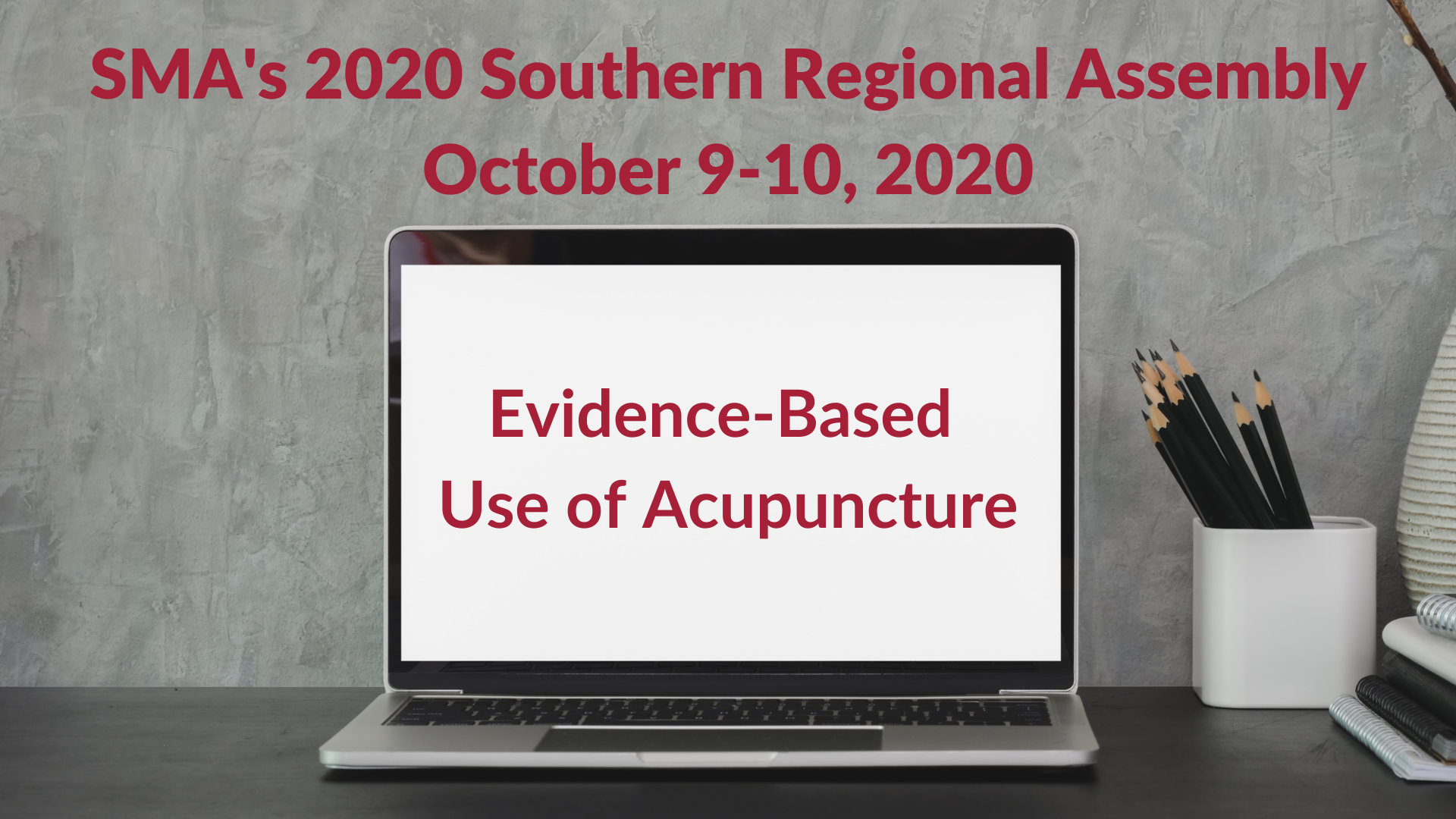

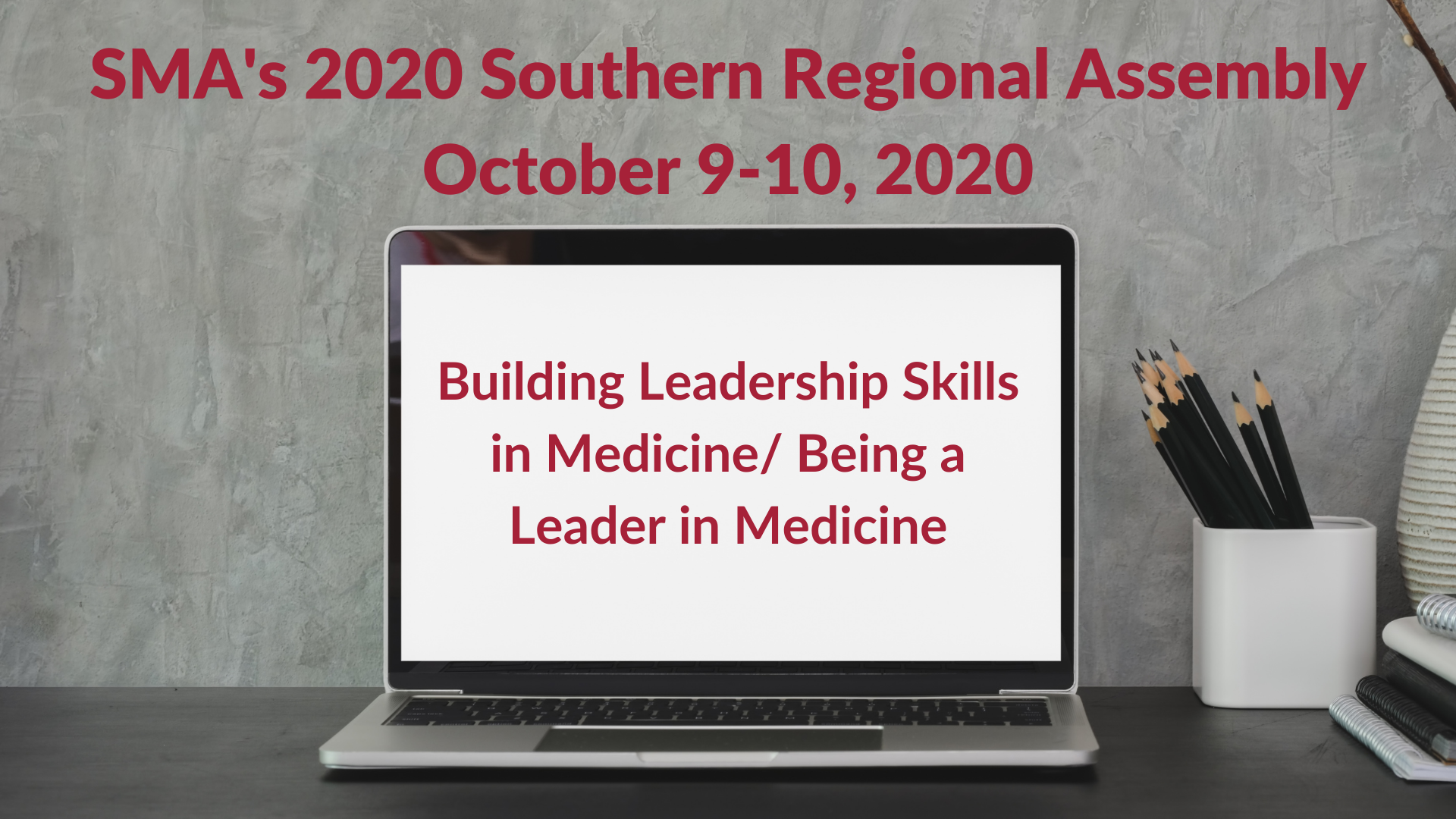
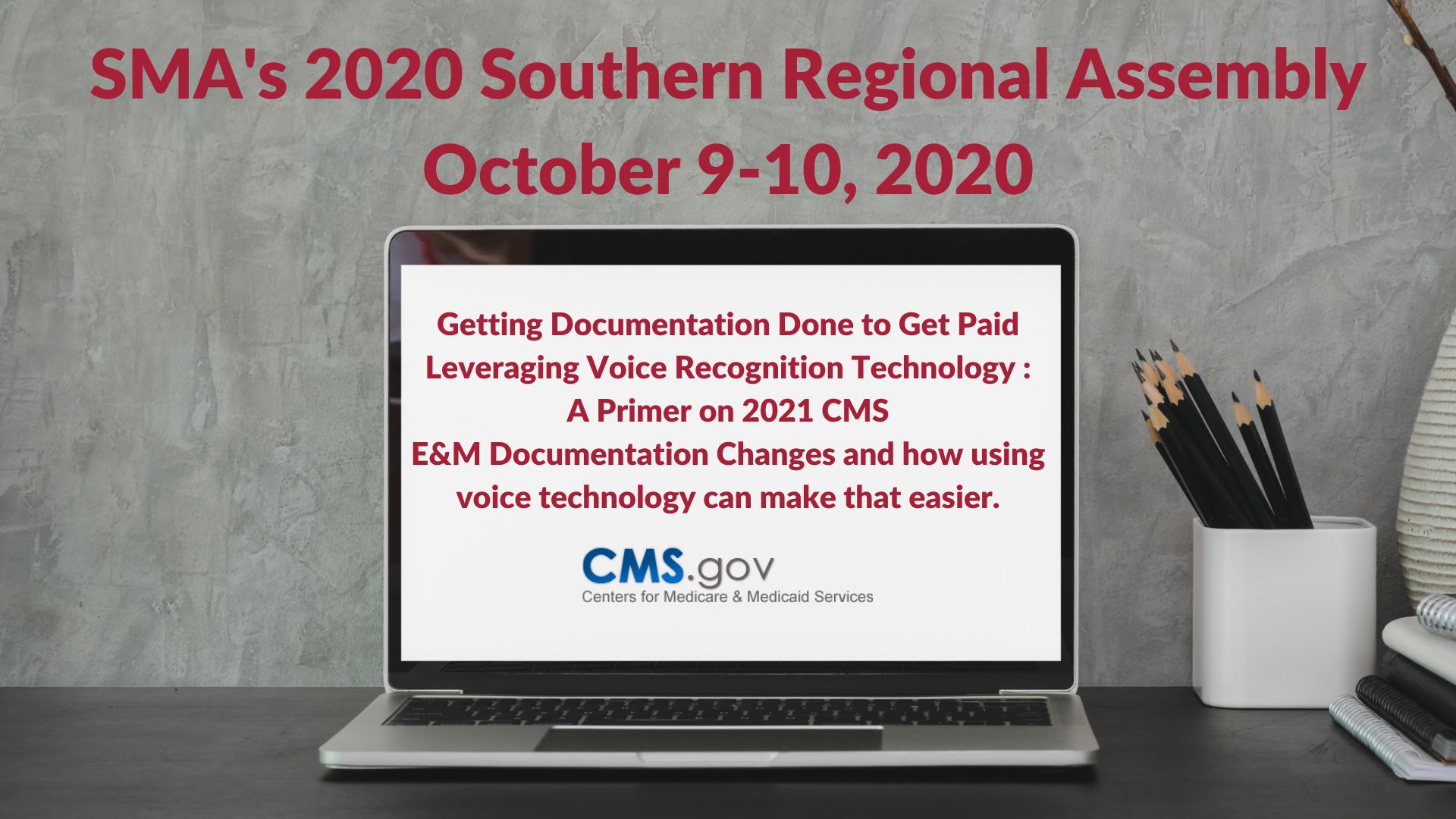
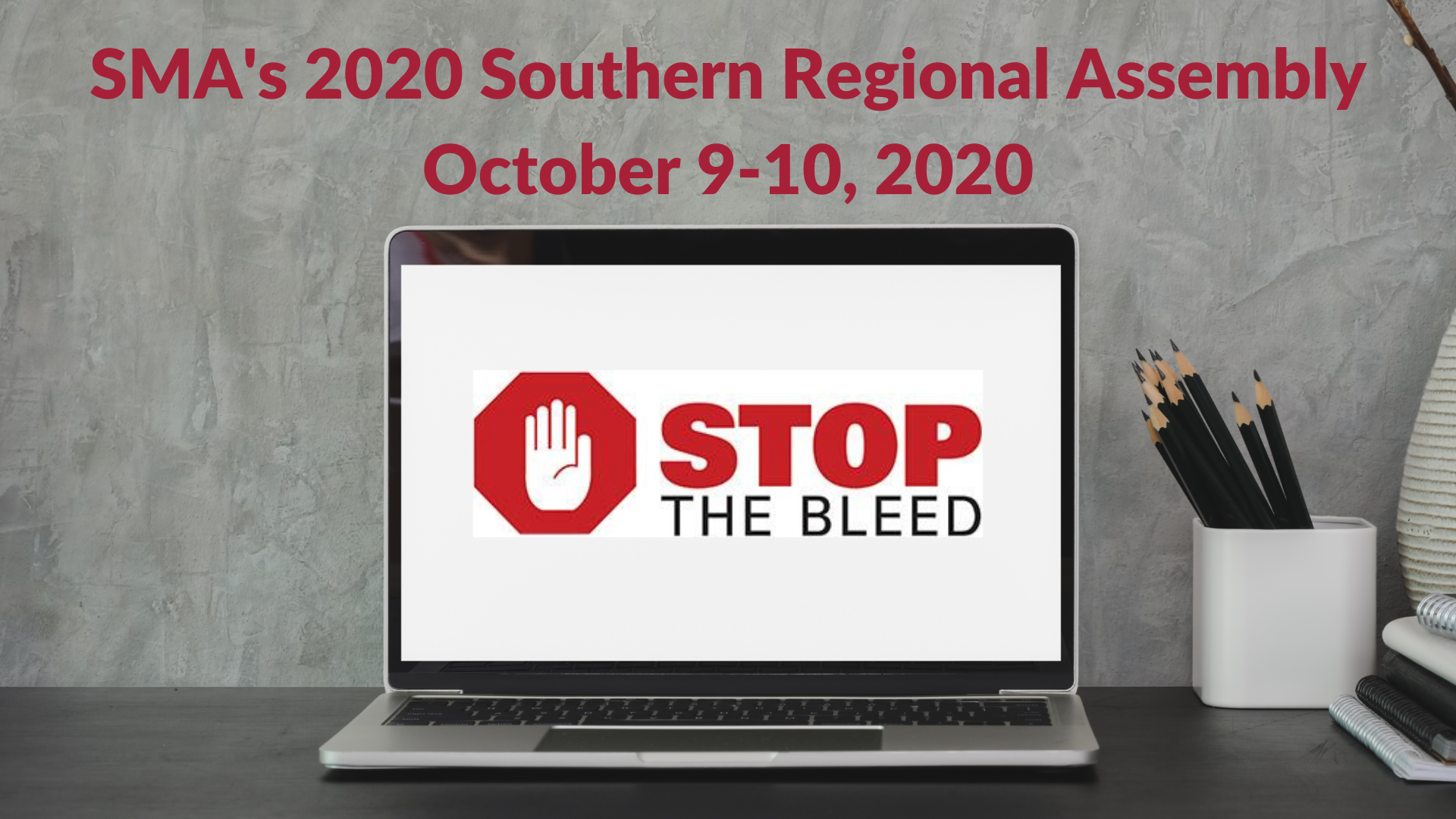

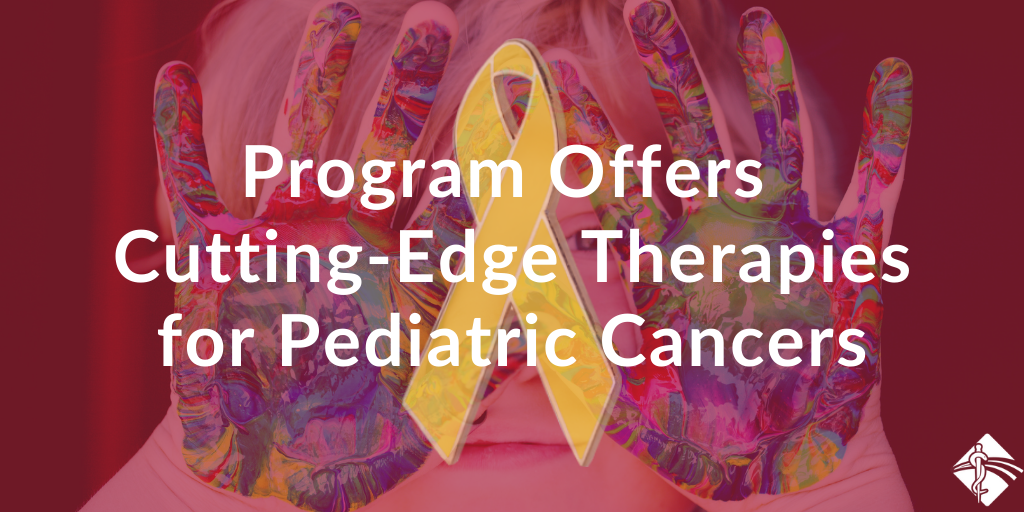



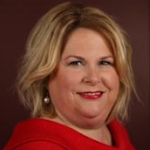
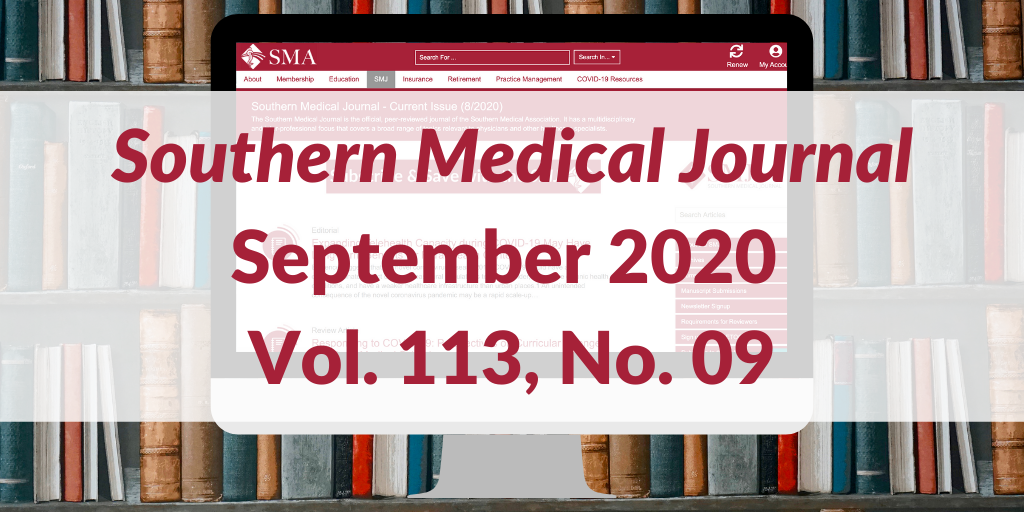
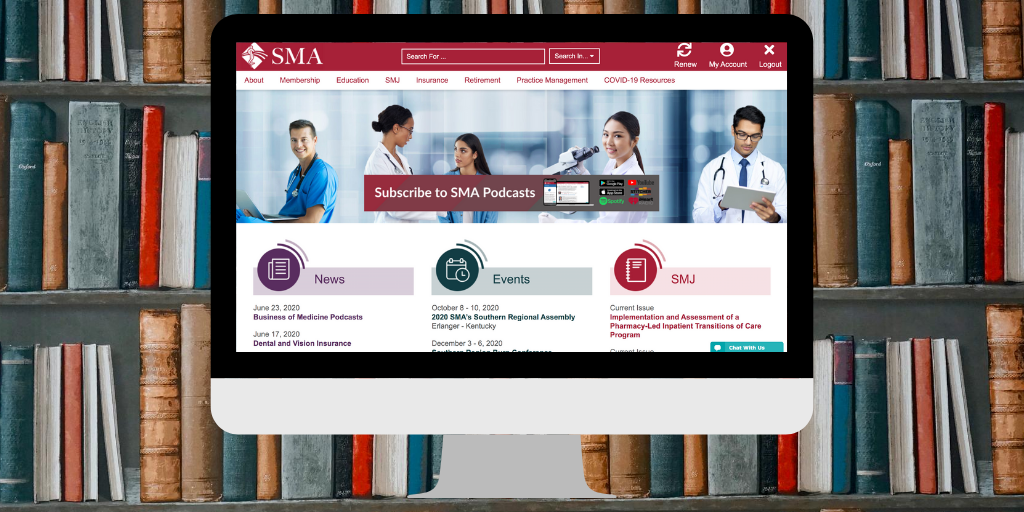
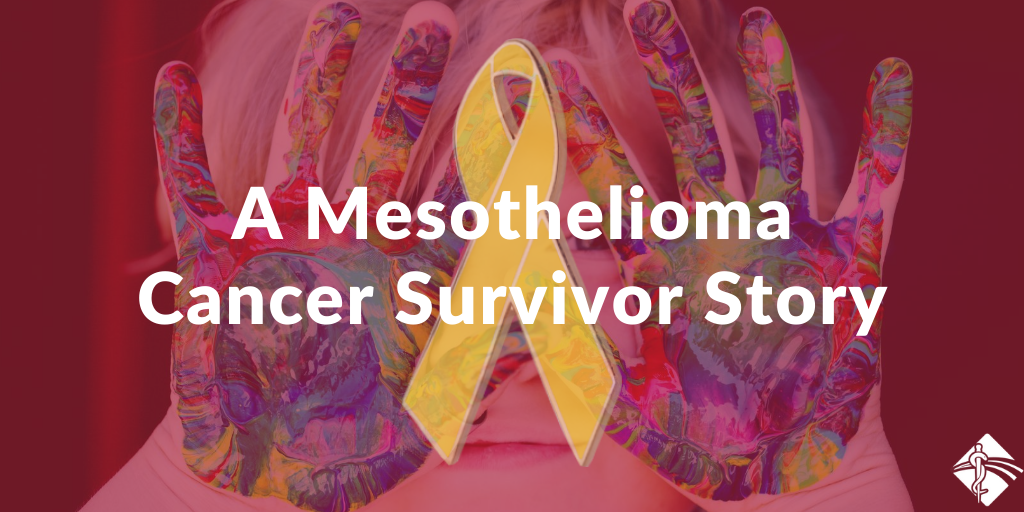

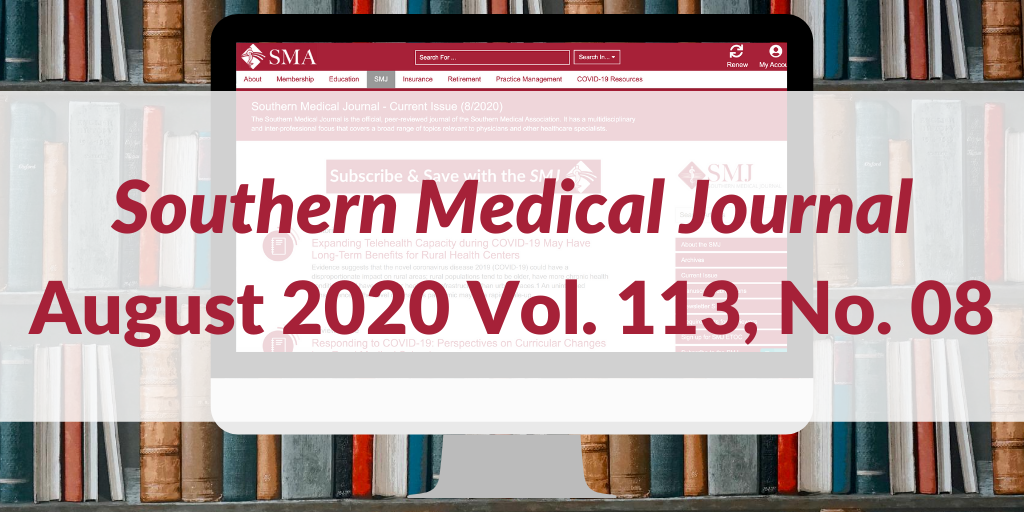

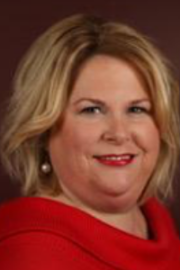 We are pleased to announce that Betsy Schaaf has accepted the position of Director of Compliance Services, effective July 7, 2020. Betsy is an ERISA attorney bringing over 20 years experience in ERISA Compliance, including retirement plan administration and customer service. She is a proven leader with significant experience aligning teams across locations, document drafting and system conversions. She has served as an ERISA subject matter expert for multiple financial institutions and offered ERISA training to a variety of audiences.
We are pleased to announce that Betsy Schaaf has accepted the position of Director of Compliance Services, effective July 7, 2020. Betsy is an ERISA attorney bringing over 20 years experience in ERISA Compliance, including retirement plan administration and customer service. She is a proven leader with significant experience aligning teams across locations, document drafting and system conversions. She has served as an ERISA subject matter expert for multiple financial institutions and offered ERISA training to a variety of audiences.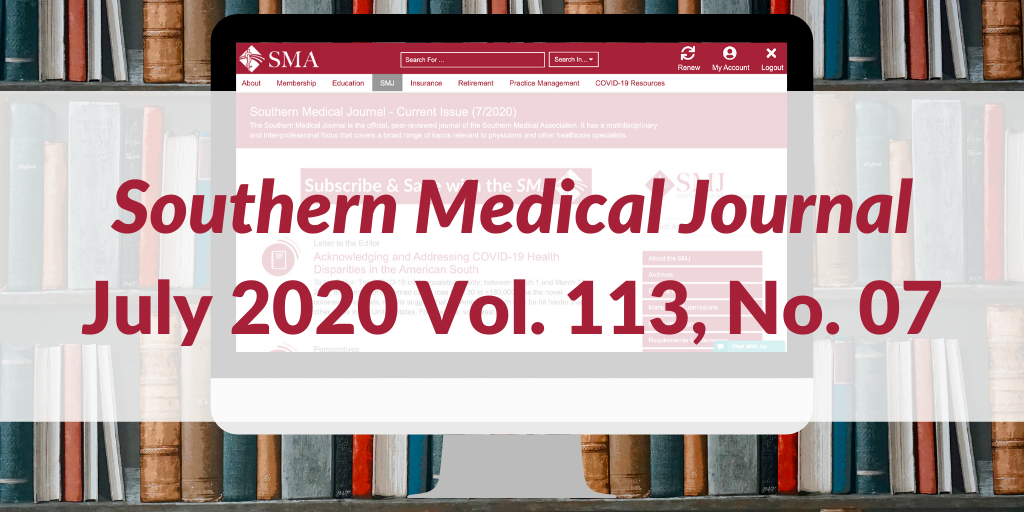
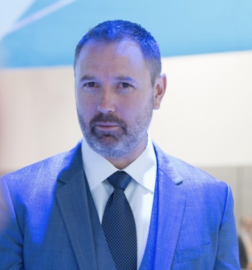 Divisional Vice President, USO Commercial Operations
Divisional Vice President, USO Commercial Operations John Hackett is divisional vice president of Applied Research and Technology for Abbott's diagnostics business. In this role, he manages diagnostics R&D in the areas of infectious diseases, oncology, cardiovascular, metabolic biologics design and discovery, and clinical chemistry.
John Hackett is divisional vice president of Applied Research and Technology for Abbott's diagnostics business. In this role, he manages diagnostics R&D in the areas of infectious diseases, oncology, cardiovascular, metabolic biologics design and discovery, and clinical chemistry.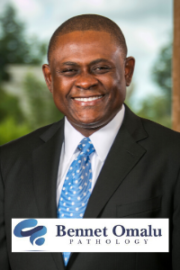 Bennet Omalu is a Nigerian born physician who holds eight degrees and certifications in the medical sciences and business management. He attended medical school and holds a Doctor of Medicine [MB,BS] degree from the University of Nigeria, Enugu from where he graduated in 1990. He holds a Masters in Business Administration degree from the Tepper School of Business, Carnegie Mellon University, Pittsburgh, Pennsylvania. He also holds a Masters in Public Health degree in Epidemiology from the Graduate School of Public Health, University of Pittsburgh, Pittsburgh, Pennsylvania. Dr. Omalu holds four board-certifications from the American Board of Pathology in four subspecialties of medicine including forensic pathology, neuropathology, clinical pathology and anatomic pathology. He is also holds a board certification in medical management from the American Association of Physician Leadership and is a Certified Physician Executive.
Bennet Omalu is a Nigerian born physician who holds eight degrees and certifications in the medical sciences and business management. He attended medical school and holds a Doctor of Medicine [MB,BS] degree from the University of Nigeria, Enugu from where he graduated in 1990. He holds a Masters in Business Administration degree from the Tepper School of Business, Carnegie Mellon University, Pittsburgh, Pennsylvania. He also holds a Masters in Public Health degree in Epidemiology from the Graduate School of Public Health, University of Pittsburgh, Pittsburgh, Pennsylvania. Dr. Omalu holds four board-certifications from the American Board of Pathology in four subspecialties of medicine including forensic pathology, neuropathology, clinical pathology and anatomic pathology. He is also holds a board certification in medical management from the American Association of Physician Leadership and is a Certified Physician Executive.